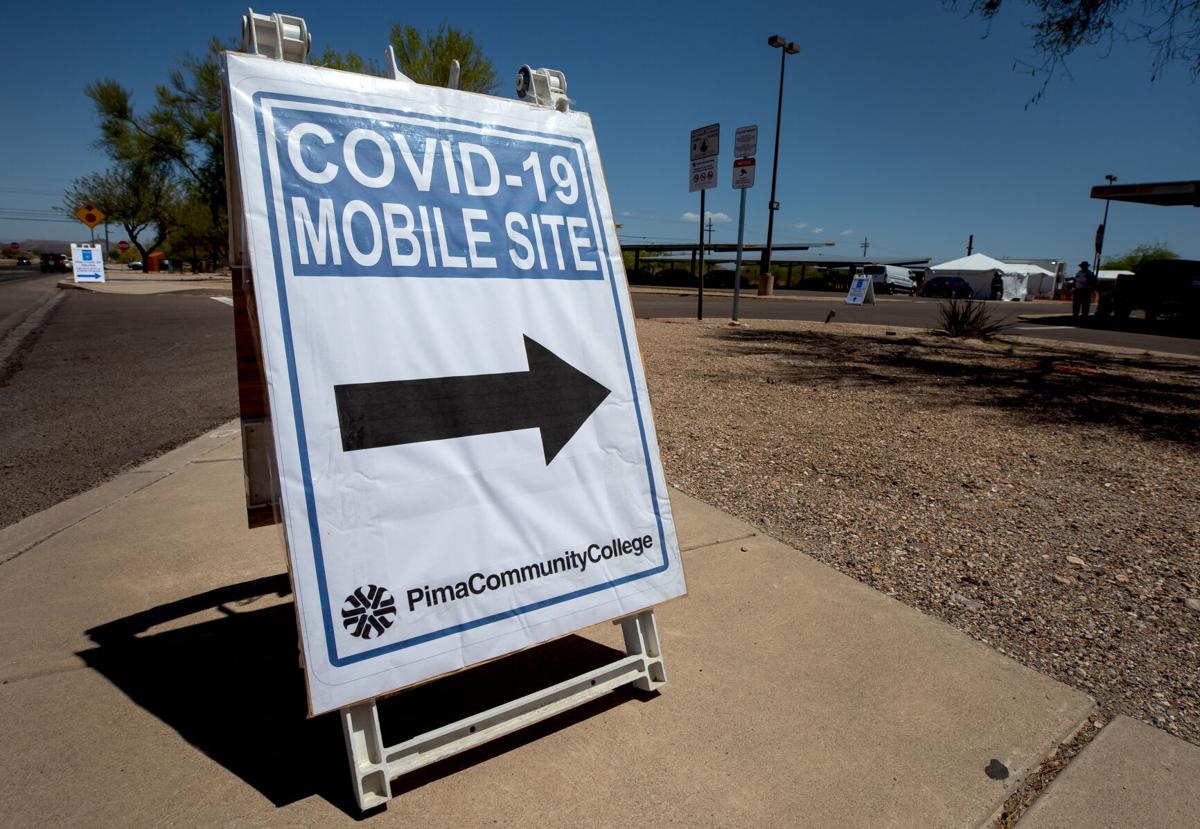Scientists have found Pima County’s first case of the Delta variant. It’s a new, highly transmissible variant of the coronavirus that causes COVID-19.
This variant is known as B.1.617.2 and originated in India. On Tuesday, the CDC categorized it as a “variant of concern,” among the most worrying variants in circulation.
“The reason why they are variants of concern is because they have a higher incidence of transmission and potentially higher morbidity and mortality,” said Pima County Health Director Dr. Theresa Cullen.
Vaccines can still protect you from the Delta variant and other variants of concern.
Even though Arizona and Pima County have dealt with new variants in the past, this particular one has grabbed the attention of public health experts.
“I’m more concerned about this one than I have been of the others and the reason, I think, is what you’re seeing in the U.K.,” Cullen said.
The Delta variant has delayed the United Kingdom’s reopening plans and replaced the B.1.1.7 variant, which originated in the U.K., as the dominant variant in the country.
Not long ago, B.1.1.7 was the new, more transmissible variant in Arizona. Now it’s the dominant variant here and it concerns Cullen to see how quickly the Delta variant unseated B.1.1.7 in the U.K.
The Delta variant likely accounts for nearly 10% of all cases in the United States, according to an estimate by the Centers for Disease Control and Prevention, as of Thursday.
In Arizona, 47 cases of the Delta variant have been identified since the start of May, or around 2% of all cases that have been genetically sequenced since then, according to an online dashboard updated by the Translational Genomics Research Institute.
The case identified as the Delta variant in Pima County was reported in May, Cullen said Wednesday, but she couldn’t give any more details about it because it’s the only one of its kind in the county.
There is a possible scenario in which this variant would infect enough people to overwhelm the hospitals again, given that 45% of the adult population in Pima County is not vaccinated, Cullen said.
The chances of this happening, however, are very low, said Dr. Joe Gerald, an associate professor with the University of Arizona’s College of Public Health.
If we look at what happened in the U.K., for example, cases and hospitalizations went up, but hospitalizations didn’t rise to the same degree as cases, he said. But he is still more concerned about the Delta variant than the other variants.
It not only spreads faster than others, but “it seems to have the ability to render vaccines less effective, particularly one dose of vaccine,” Gerald said.
A recent study from Public Health England showed that both doses of the Pfizer-BioNTech vaccine was 88% effective against symptomatic disease from the Delta variant, while it was 93% effective against the B.1.1.7 variant.
After just one dose, the Pfizer-BioNTech vaccine was 33% effective against symptomatic disease from the Delta variant, compared to an effectiveness of 50% against B.1.1.7.
In sum, COVID-19 vaccines remain highly effective, but it’s more important than ever to get your second dose.
“At this point I’m still not alarmed that the Delta variant is going to have a major impact here in Arizona,” Gerald said.





